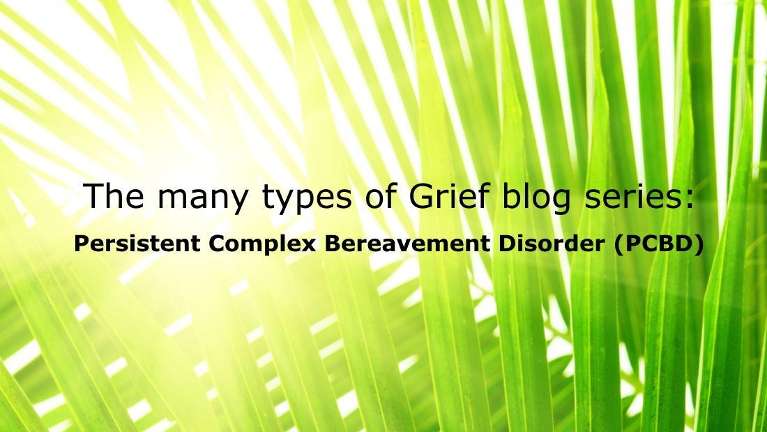
Persistent Complex Bereavement Disorder (PCBD) describes an experience of prolonged, intense grief that doesn’t ease in the way we typically expect over time. While not classified as an official mental health diagnosis in the DSM-5, it’s recognized as a distinct and painful grief response that affects around 5% of the population. For those living with it, the symptoms can feel unrelenting—and often, profoundly isolating.
While grief naturally varies from person to person, PCBD stands apart by the way it lingers and interrupts everyday life. Adults often report symptoms that last at least a year, and for children or teens, at least nine months. In cases like these, grief counseling can provide a safe, structured space to begin working through what’s stuck and reconnecting with life again—without rushing or minimizing the pain.
What PCBD Can Feel Like
People experiencing this kind of prolonged grief often describe:
- Ongoing, intense longing for the person who died
- Persistent thoughts or memories that feel impossible to move away from
- Feeling empty, lost, or unbearably alone
- Thoughts that life has no meaning without the deceased
- In some cases, a desire to join the deceased
In addition to those core experiences, many people also report:
- A sense of numbness or disbelief that hasn’t faded
- Repetitive rumination about the death or its circumstances
- Feelings of bitterness, guilt, or regret
- Sensory impressions—like hearing or seeing the person who passed
- Emotional withdrawal or difficulty trusting others
- Either avoiding reminders of the loss or clinging to them intensely
None of these symptoms mean you’re broken. But when they persist and interfere with your relationships, daily life, or ability to function, it’s time to consider getting support.
How Therapy Can Help
At Clarity Counseling Seattle, we offer compassionate individual therapy and relationship therapy for people struggling with PCBD. Our work with clients often focuses on:
- Understanding what makes this form of grief different
- Reducing emotional pain without forcing closure
- Helping clients engage with memories rather than avoid them
- Processing guilt or unresolved emotions surrounding the loss
- Finding new ways to stay connected to the deceased in meaningful ways
- Strengthening relationships that provide comfort and connection
- Exploring outlets for self-expression, creativity, and ritual
- Reconnecting with community and reducing isolation
- Accepting the loss while rebuilding life around it
Each person’s grieving process is different. Therapy isn’t about “getting over” your loss—it’s about honoring it while gently making space for life to continue alongside it.
You Don’t Have to Move Through This Alone
If your grief has felt stuck or overwhelming, there’s nothing wrong with you. The intensity of your love and connection to the person you lost may simply need more time, care, and support. We’re here to help you navigate that process at your own pace.
Schedule a time to talk with us or submit a confidential appointment request to see if grief therapy at Clarity Counseling Seattle feels like a good fit for you.
